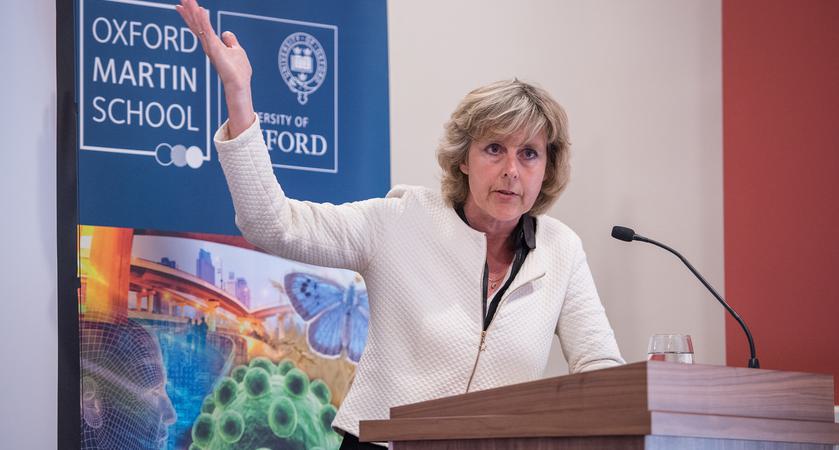The Oxford Martin Programme on the
Post-Carbon Transition

The Post Carbon Transition programme ran from 2018 - 2023. The following page is an archived resource.

The Challenge
Modern human civilisation has been built upon energy from carbon-intensive fossil fuels. We are now on the cusp of a once-in-a-civilisation transition to a post- carbon society.
The outcome of this transition could be a world that is cleaner, safer, smarter, more technologically advanced, and more prosperous. But the transition will necessarily involve structural transformation in many economic sectors. Doing more of the same will not achieve this.
In contrast, identifying positive ‘tipping points’ could help move global economic development firmly onto a zero carbon path. While there has been a great deal of research on catastrophic tipping points in the climate system, there has been relatively little on the positive tipping points in the potential societal response to climate change that might deliver accelerated action.
This highly interdisciplinary programme seeks to overcome the limitations of past analyses, complementing economic reasoning with methods and insights from complex systems science, history, geography, social psychology and philosophy.
A richer understanding of complex socioeconomic systems could help policy makers and business leaders to find intervention points in these systems that are sensitive – where a modest action might trigger an outsized response and accelerate the achievement of global net-zero emissions.
Our core research question is how do we identify, model, and trigger sensitive intervention points to rapidly transition to a post-carbon society?
These sensitive intervention points might be identified in the technological, psychological, socio-political or economic domains, among others. A core part of the research will be a suite of simulation models that will help identify these points and enable richer explorations of the various possible routes to the post-carbon society.
We have described the new models that are needed as “A Third Wave in the Economics of Climate Change”. This programme aims to make significant progress in developing the ideas in this domain. We will aim to found our analysis on a vision of the economy that may have periods of growth and prosperity, but may also have unemployment, crises, ‘far from perfect’ markets and realistic human behaviour. To be useful to policymakers, such models must be able to analyse policy tools beyond carbon pricing.
The potential of this programme is for a dramatic acceleration of the transition to a post-carbon society, through evidence-based technology policy, astute social interventions that are grounded in realistic psychology and a greater awareness of sensitive intervention points. The research will seek to provide a positive vision for those most likely to fear and attempt to resist or delay the transition, including governments, businesses and workers at risk of being ‘stranded’.
A new approach to climate interventions
Connie Hedegaard - former European Commissioner for Climate Action, Achim Steiner - Administrator of UNDP, James Cameron - Chairman of the Overseas Development Institute, Jules Kortenhorst - CEO of Rocky Mountain Institute, and Eric Beinhocker - Executive Director of INET Oxford, comment on the importance of the Sensitive Intervention Points concept.
latest news
View allProfessor Myles Allen elected to Royal Society
Professor Myles Allen has been named among eight members of the University of Oxford who have joined the Royal Society as Fellows.
RE:TV Report - Reconsidering Renewables
Professor Doyne Farmer and Professor Cameron Hepburn talk to RE:TV about how new research is challenging assumptions around the cost of investing in clean energy.
COP 27: a tipping point in the global energy debate
University of Oxford and Harvard academics, politicians and energy industry players have come together to emphasise COP 27’s transformative power as the conversation about renewable energy changes.
Decarbonising the energy system by 2050 could save trillions
Transitioning to a decarbonised energy system by around 2050 is expected to save the world at least $12 trillion compared to continuing our current levels of fossil fuel use.
videos
Book launch: 'Long problems: climate change and the challenge of governing across time' with Prof Thomas Hale
Panel discussion: 'Post-COP28 Debrief: Does the agreement go far enough?'
RE:TV - Reconsidering Renewables with Prof Doyne Farmer & Prof Cameron Hepburn
'From swimming in data to drowning: What happens when new data essentially falsify all extant theories within a field?' with Prof Robert Axtell
Panel Discussion: "Towards COP27: moving forwards after COP26"
Inger Andersen & Cameron Hepburn in conversation: "Putting a value on nature: Influencing global action on environmental challenges"
Sir Partha Dasgupta & Cameron Hepburn in conversation: "The Economics of Biodiversity Review"
"The race to zero: action by cities, business and investors" with Tom Hale, Aoife Brophy & Steve Smith
'The path to Net Zero in the UK' with Chris Stark
Prof Cameron Hepburn, Sugandha Srivastav and Dr Steve Smith in conversation: "Sensitive intervention points for Net Zero"
Prof Myles Allen, Kaya Axelsson, Prof Sam Fankhauser & Dr Steve Smith in conversation: "Net zero – why and how?"
"Navigating knowledge: new tools for the journey" with Dr Penny Mealy
Sensitive Intervention Points: How can economic butterfly wings can create a climate action tornado?
"How useful and reliable is a simplified perspective on Technological Change?" Prof Chris Magee
"Planetary warming: is a 1.5 degree target achievable?" with Prof Myles Allen
Measuring progress towards the Paris Agreement: aligning policy and science in global stocktakes
"Tipping points to the post-carbon society" with Prof Doyne Farmer & Prof Cameron Hepburn
people
Myles Allen
Professor of Geosystem Science
Ben Caldecott
Director, Oxford Sustainable Finance Group and the Lombard Odier Associate Professor of Sustainable Finance
Doyne Farmer
Baillie Gifford Professor of Complex Systems Science
Thomas Hale
Professor of Global Public Policy
Cameron Hepburn
Battcock Professor of Environmental Economics
Rupert Stuart-Smith
Senior Research Associate in Climate Science and the Law
publications
View all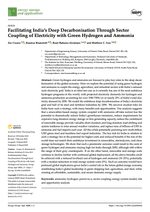
Facilitating India’s Deep Decarbonisation Through Sector Coupling of Electricity with Green Hydrogen and Ammonia
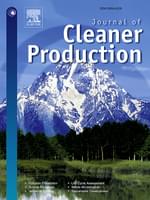
Accelerating carbon neutrality in China: Sensitive intervention points for the energy and transport sectors in Beijing and Hong Kong

Evaluating fossil fuel companies’ alignment with 1.5 °C climate pathways
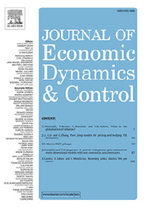
Forecasting the propagation of pandemic shocks with a dynamic input-output model
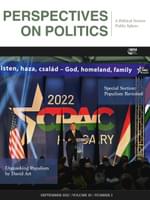
Political Strategies to Overcome Climate Policy Obstructionism

Empirically grounded technology forecasts and the energy transition
